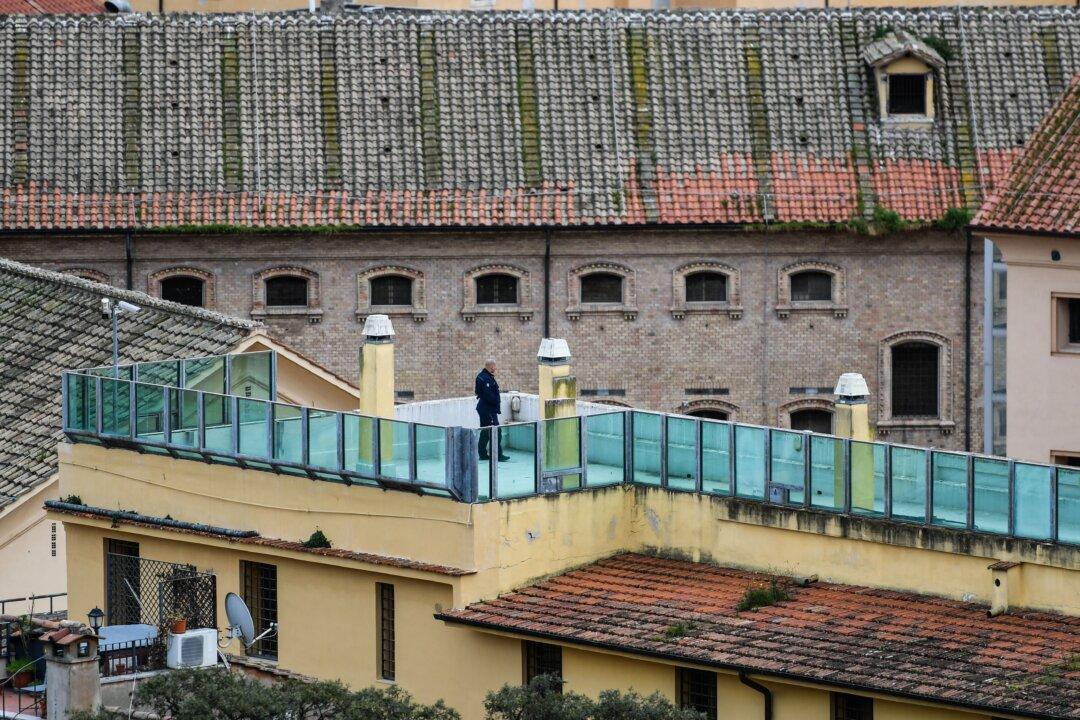Several Italian mafia bosses have been released from prison under a new coronavirus regulation, the country’s national anti-mafia prosecutor said.
Francesco Bonura, an influential boss in the Sicilian Cosa Nostra; Vincenzo Iannazzo, a member of the Ndrangheta; and Pasquale Zagaria, a member of the Casalesi clan, have now been moved to house arrest, according to Federico Cafiero De Raho, Italy’s anti-mafia prosecutor.




